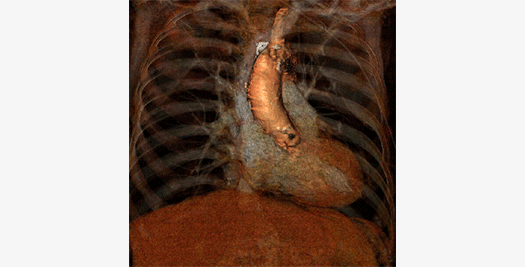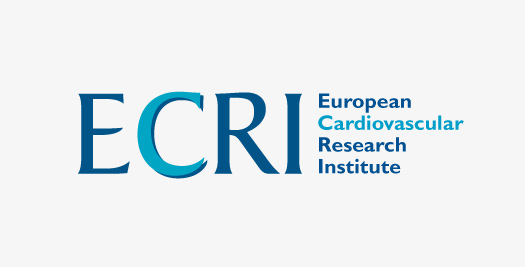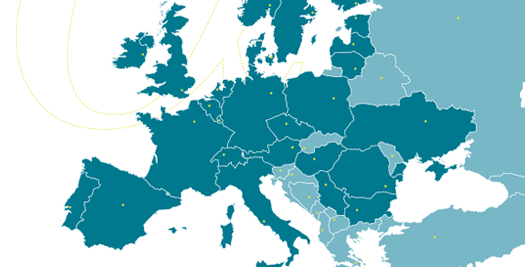Clinical Endpoint Adjudication
Cardialysis is highly experienced in organizing event/endpoint adjudication through a dedicated Clinical Events Committee (CEC). Cardialysis provides the infrastructure for your clinical trial event adjudication needs, whether this is during face-to-face CEC meetings where the CEC members meet as a group, or during remote adjudication where the individual CEC member can log in to a web-based system.
Cardialysis has been in the lead for establishing clinical trial endpoint definitions, together with important partners. The Cardialysis & Academic Research Consortium(ARC) was initiated together with academic leaders in cardiology and has produced landmark documents that shaped the design of clinical trials for decades. These standard definitions have been implemented in coronary stent and trans catheter valve intervention studies, and cover a wide range of patient-oriented and device-oriented endpoints.
Cardialysis has managed the CEC for 100+ clinical trials in cardiology, having adjudicated 90,000+ potential events. Trial sizes range between first-in-man studies generally involving Core Lab endpoints and large multinational studies with manythousands potential events, with pharma and/or device interventions across the range. Our network of expert adjudicators allows us to manage multiple CECs at the same time within an efficient and reliable process.
Cardialysis has developed a 100% web–based, customizable application (WebCEC) that can be used by the adjudicator at any time. CEC members often mention the user-friendliness of WebCEC. This system is cost-efficient and provides the sponsor with the flexibility to decide on the main configuration settings. All study documentation, event definitions, event-related documents, and adjudication questionnaires are available on-line in a secure environment.
Receipt and Scanning of Event-Related Documents
Event-related documents are processed in digital form; if needed Cardialysis can digitize the documents. These documents are then entered into a tracking system and are attached to the relevant event that requires adjudication, real-time available to the adjudicators for their review. Imaging data (DICOM format) are also processed for each event and made available for review during adjudication. Imaging modalities include angiography, computed tomography, X-rays, and echocardiography. When other invasive or non-invasive imaging modalities are required, Core Lab reports are presented to the adjudicators.
Event Triggering
Potential clinical study endpoints, commonly referred to as ‘event triggers’, are captured from multiple sources in the central study database. Sources of event triggers include those reported by the investigators in the electronic case report form (eCRF), eCRF-derived programmable event triggers, and Core Lab-derived event triggers.
Event Management
Once the event trigger list is ready, Cardialysis links the electronic event-related documents to these potential endpoints and assigns the resulting ‘e-dossiers’ to the CEC members for adjudication. Cardialysis is also highly experienced in writing narratives to facilitate adjudication.
Event Adjudication
Whether remotely or during face-to-face meetings, a CEC member can log in to the WebCEC application at any time, and without any paperwork. The study protocol, event definitions, event-related documents and imaging data, as well as the adjudication forms, are all on-line. The web-based application itself is protected (by username, password, and passcode) and runs in a secure environment.
Immediate Results
The WebCEC system checks for consistency among the adjudicators’ individual answers instantly. Matching results are final and immediately available for statistical processing. Inconsistently adjudicated events are discussed among the CEC members and resolved during CEC consensus meetings (face-to-face or by conference call). Consistency rules can be predefined as required.
CEC Members
Cardialysis has a network of cardiologists, cardiac surgeons, electrophysiologists and neurologists who are experienced in CEC adjudication. These CEC members are trained to adjudicate events in compliance with Cardialysis SOPs and the study-specific requirements described in the CEC Charter. Other adjudicators can be trained by Cardialysis and can join the team of CEC members for a specific study. All CEC members are trained in the use of the WebCEC system.
Advantages of Using our Web-based Event Adjudication System (WebCEC 3.0)
Advantages for the CEC
- Electronic adjudication remote or during meetings – convenient, quick and easy
- No paperwork, immediate on-line access to web-based user manual, study protocol, event definitions, CEC Charter, event-related documents and imaging data
- Daily overview of workload
- Technical assistance
Advantages for the sponsor
- 100% electronic: direct upload of eCRF data and electronic documents at Cardialysis (digitization taking place at Cardialysis if needed)
- Central preparation of electronic patient ’event dossier’ by Cardialysis
- CEC requests for additional information are managed through WebCEC
- Highly configurable adjudication process, CEC members (number, specialties), event trigger types, among others
- The distribution of event triggers and the adjudication methodology can be defined
- Adaptable to study-specific terminology
- Immediate adjudication results
- Standard and custom-made reports on a periodic basis
- FDA 21CFR part 11 compliant
- Protected (by username, password and passcode), secure connection and environment
- Centralized CEC training by Cardialysis
- Reduced CEC travel costs due to remote adjudication




